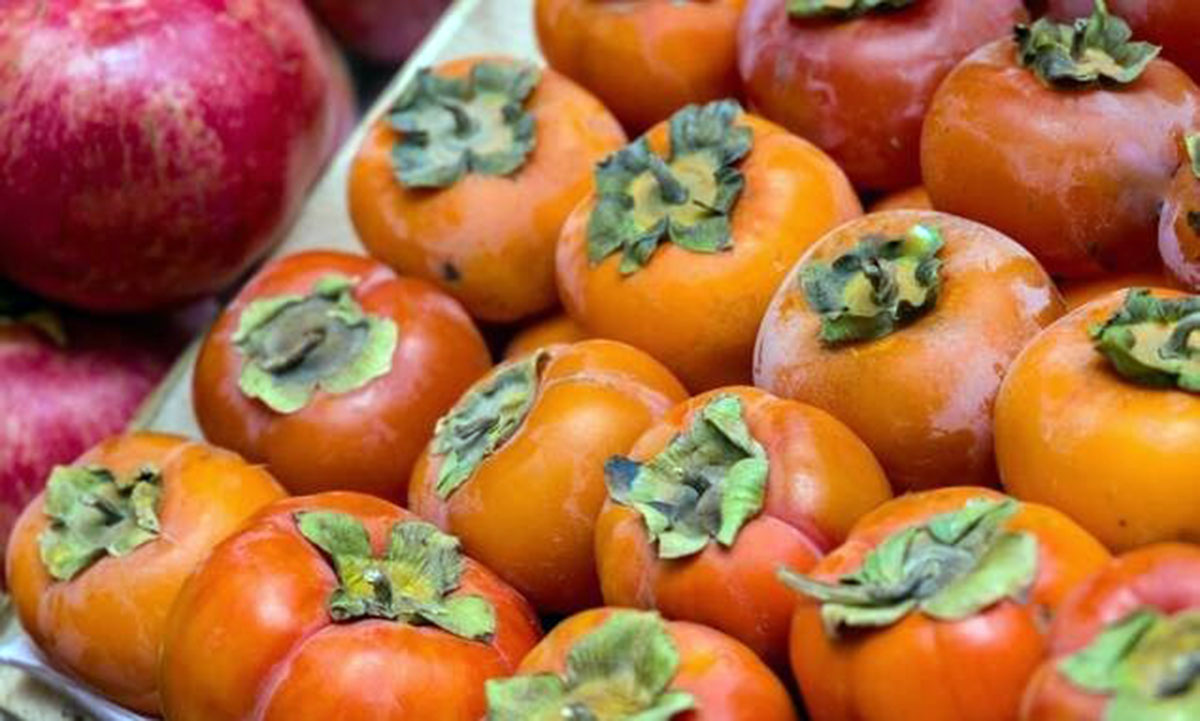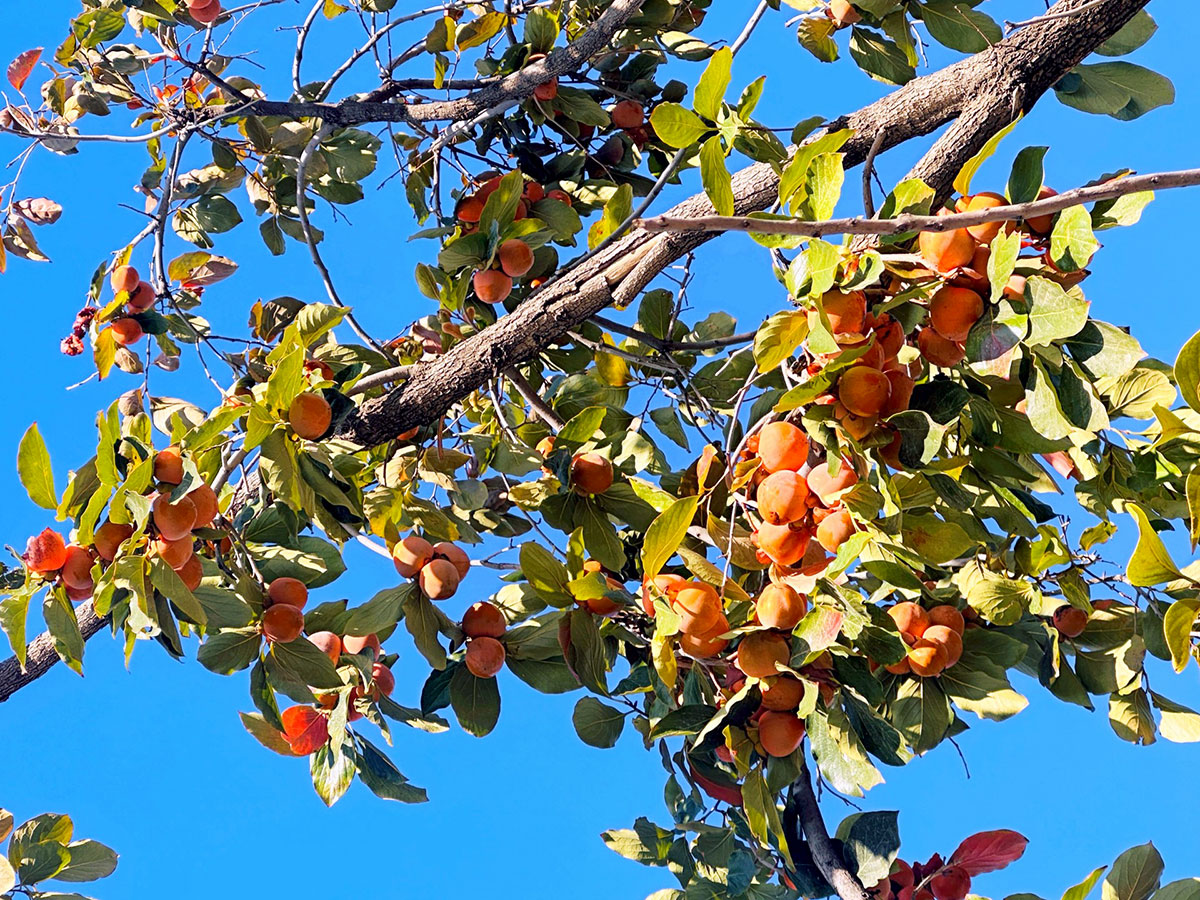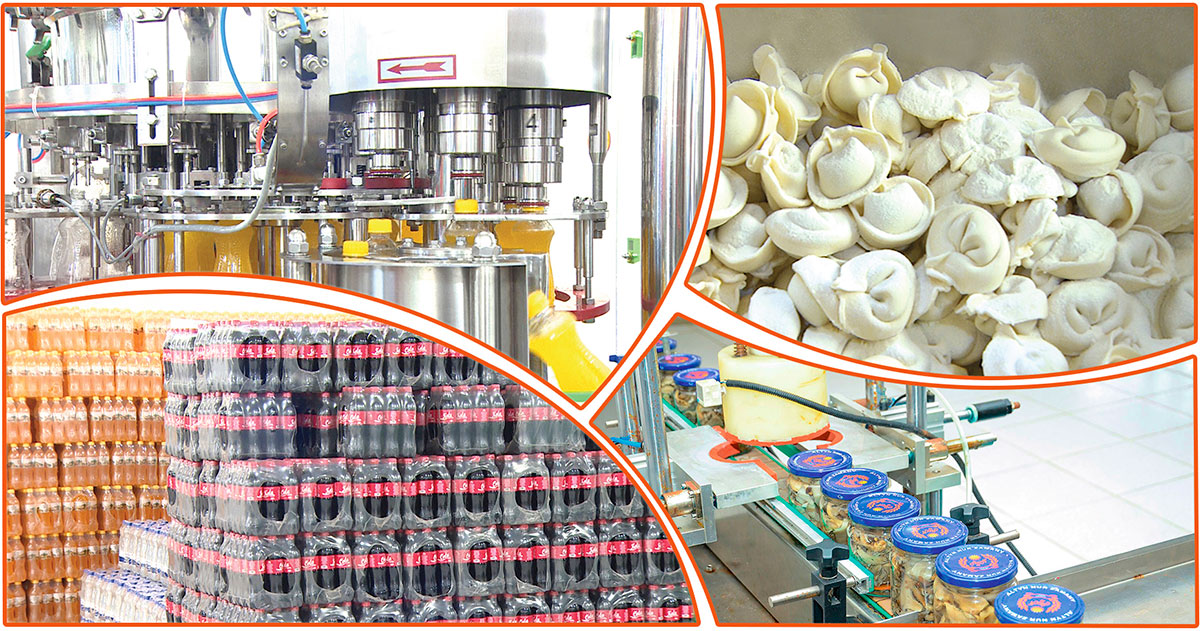An important stage of the agricultural season continues with the persimmon harvest in Turkmenistan. These sweet and aromatic fruits, known for their nutritional value and pleasant taste, begin to ripen in late October and are quickly sent to markets and stores across the country.
Over recent decades, persimmons have become a significant crop in agriculture. Farmers actively cultivate them, yielding abundant harvests. Each tree can produce 20 to 25 kg of fruit, a substantial yield for this crop.
Today, Turkmenistan offers a variety of persimmon types: early, medium and late varieties ensure a steady supply of fresh fruit in markets until late autumn and winter. Among local varieties are unique forms like "lobed" and "dome-shaped," but the most popular among consumers is the "korolek" variety, known for its sweet taste and lack of astringency.

Persimmons are not only a treat but also a nutritious product rich in vitamins A, C and E. They are an excellent source of iodine, containing about 30 mcg of this essential element per 100 grams. In terms of iodine content, persimmons can rival only seafood, making them a valuable addition to the diet for maintaining thyroid health.
This autumn fruit is rich in antioxidants that protect cells from damage caused by free radicals, helping reduce inflammation. Additionally, persimmons contain plenty of fiber, significantly improving digestion and normalizing bowel function. This is especially important in the fall when seasonal changes can affect regular eating patterns.
Given the growing demand for persimmons, Turkmenistan is actively developing the export potential of this crop. Due to the high quality of its fruits and variety of types, Turkmen persimmons are becoming competitive on the international stage.








